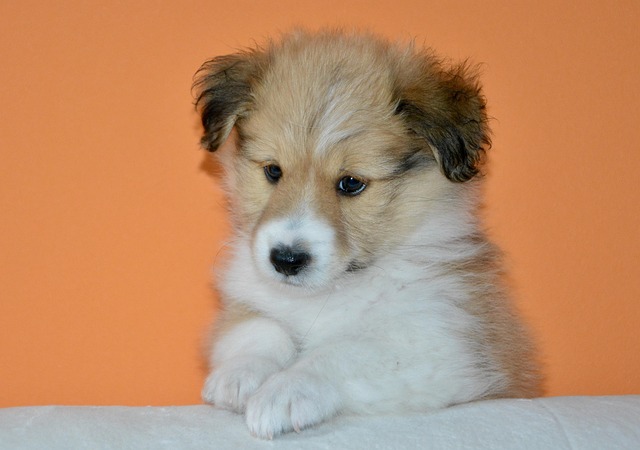
Can humans catch seborrhea from dogs?
Housebreaking your furry friend isn't just about keeping your floors clean—it's a game-changer for both of you. Think about it: no more late-night dashes in the rain, no embarrassing surprises when guests visit.
When the dog at home gets injured accidentally, its injured appearance always makes us feel very distressed. Every dog lover hopes that their furry friend can recover to health as soon as possible, and a reasonable diet plays a crucial role in the process of a dog's wound healing. Knowing which foods are helpful for a dog's wound healing is an important step for us to give our dogs attentive care.
Protein is vital for a dog's wound healing. It is like the "building material" for the body's repair. Chicken is an excellent source of high-quality protein. Chicken is rich in various amino acids and is easily digested and absorbed by dogs. Whether it is boiled chicken breast or chicken canned food, it can provide sufficient protein for dogs. For example, when a dog accidentally scratches its skin while playing, feeding it an appropriate amount of boiled chicken breast every day can help the body generate new cells and tissues, promoting wound healing. Moreover, the fat content of chicken is relatively low, so there is no need to worry about causing obesity problems for the dog.
Fish is also a food rich in protein and contains abundant Omega-3 fatty acids at the same time. Deep-sea fish such as salmon and cod, the Omega-3 fatty acids in them can reduce the inflammatory response, which is very helpful for a dog's wound healing. Inflammation will hinder the normal wound healing process, while Omega-3 fatty acids can inhibit the production of inflammatory factors, allowing the wound to recover in a relatively "peaceful" environment. Feeding some salmon to an injured dog can not only supplement protein but also accelerate the wound healing speed with the help of the Omega-3 fatty acids in it, enabling the dog to regain its vitality more quickly.
In addition to protein, vitamins are also indispensable for a dog's wound healing. Vitamin C has an antioxidant effect, which can enhance a dog's immunity, help the body resist infections, and thus promote wound healing. Fresh fruits and vegetables are important sources of vitamin C, such as oranges, strawberries, broccoli, etc. Adding these fruits and vegetables to the dog's food in an appropriate amount can provide sufficient vitamin C for the dog. When a dog is injured, its immunity will decline to some extent. Supplementing vitamin C can enable the dog's body to better cope with the invasion of external germs and reduce the risk of wound infection.
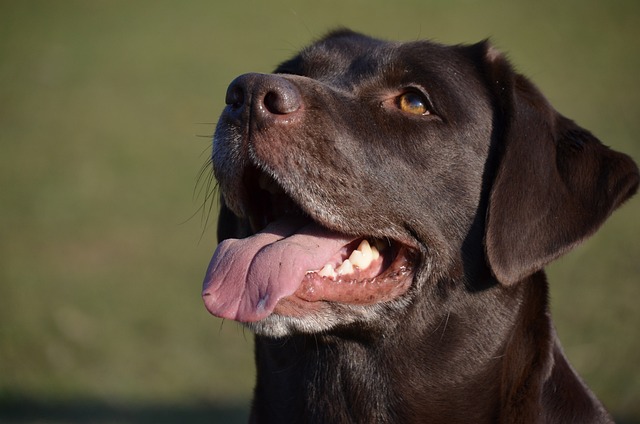 Vitamin A is crucial for a dog's skin and eye health and also plays an important role in the wound healing process. Carrots are rich in carotene, which can be converted into vitamin A in a dog's body. Feeding carrots to an injured dog can promote the growth and repair of skin cells, allowing the wound to grow new skin tissue more quickly. Whether cutting the carrots into small pieces and cooking them and then mixing them with the dog food or making them into carrot puree, they are both good feeding methods.
Vitamin A is crucial for a dog's skin and eye health and also plays an important role in the wound healing process. Carrots are rich in carotene, which can be converted into vitamin A in a dog's body. Feeding carrots to an injured dog can promote the growth and repair of skin cells, allowing the wound to grow new skin tissue more quickly. Whether cutting the carrots into small pieces and cooking them and then mixing them with the dog food or making them into carrot puree, they are both good feeding methods.
Minerals also play an important role in a dog's wound healing. Zinc is a key mineral. It participates in the synthesis of various enzymes in the body and plays an important role in cell growth and repair. Foods such as lean meat, liver, and nuts are rich in zinc. When a dog is injured, supplementing an appropriate amount of zinc can accelerate the wound healing process. For example, feeding the dog animal liver once or twice a week can not only meet the dog's demand for zinc but also supplement other nutrients.
When preparing food for an injured dog, we should also pay attention to the diversity and digestibility of the food. A single food cannot meet all the nutrients required for the dog's body to recover, so we should try to provide the dog with a variety of different foods. At the same time, an injured dog's body is relatively weak, and its digestive function may also be affected to a certain extent. Therefore, the food should be easy to digest. For example, cook the food to be soft and mushy, or choose easily digestible dog food specially designed for sick dogs.
In addition to choosing the right food, the feeding frequency and amount are also important. We should adjust the feeding amount reasonably according to the dog's age, weight, and injury condition. Generally speaking, an injured dog may need more nutrients than usual, but we should not overfeed it to avoid causing a burden on the stomach and intestines. We can divide the food for a day into several feedings, giving the dog's stomach and intestines enough time to digest and absorb.
When a dog is injured, our companionship and love are equally important. When the dog is eating, gently stroke it, give it encouragement and comfort, and let the dog feel our care. Dogs are our companions in life. They give us endless joy and companionship. When they are injured, we should use love and scientific feeding methods to help them recover to health as soon as possible and continue to spend wonderful times together. Let's carefully select food for the dog, helping its wound heal as soon as possible and regain its vitality.

Housebreaking your furry friend isn't just about keeping your floors clean—it's a game-changer for both of you. Think about it: no more late-night dashes in the rain, no embarrassing surprises when guests visit.
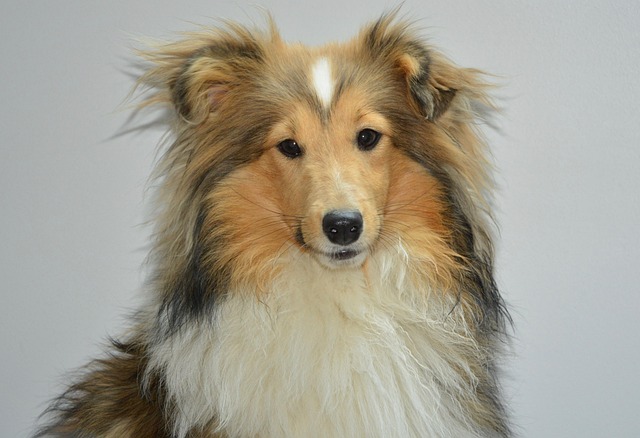
Knowing the first signs of bloat in your dog isn't just helpful – it could literally save their life. Canine bloat, more accurately called Gastric Dilatation-Volvulus (GDV)
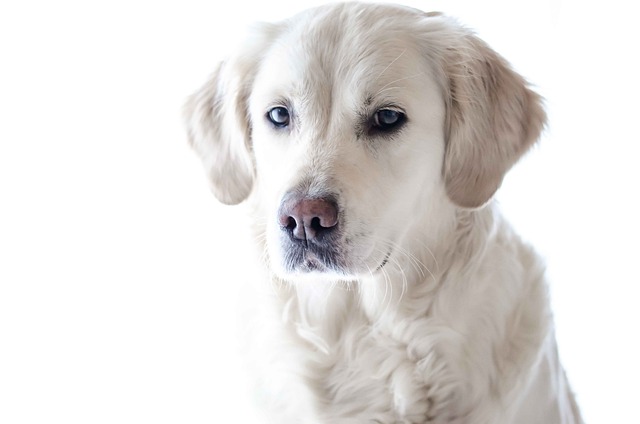
That friendly neighbor approaching or your cousin visiting shouldn’t leave your dog trembling or lunging. Mastering introductions is about safety
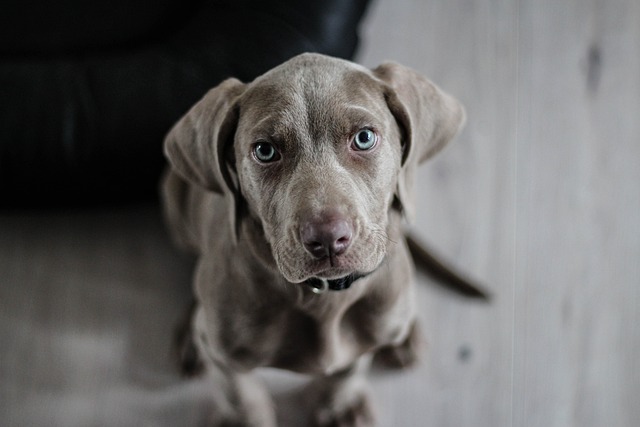
Nothing breaks your heart faster than seeing your dog constantly scratching or finding tiny pests crawling through their fur. Ticks and fleas aren't just annoying—they can carry serious diseases like Lyme and tapeworms.

Taking your dog on car rides can be a blast—whether it’s a trip to the dog park, a weekend getaway, or just a quick errand. But in the Western world,
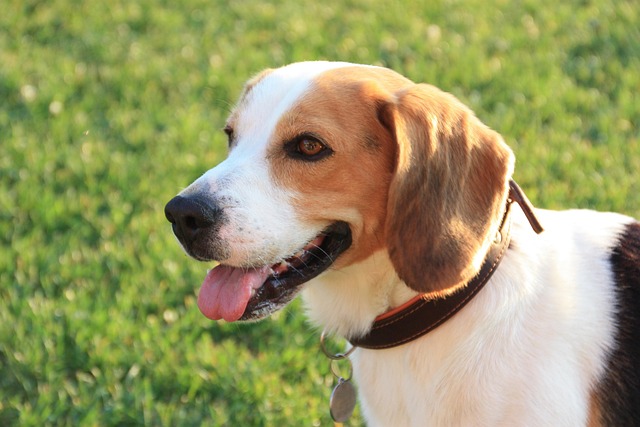
Taking your dog on car rides can be a blast—whether it’s a trip to the dog park, a weekend getaway, or just a quick errand. But in the Western world,